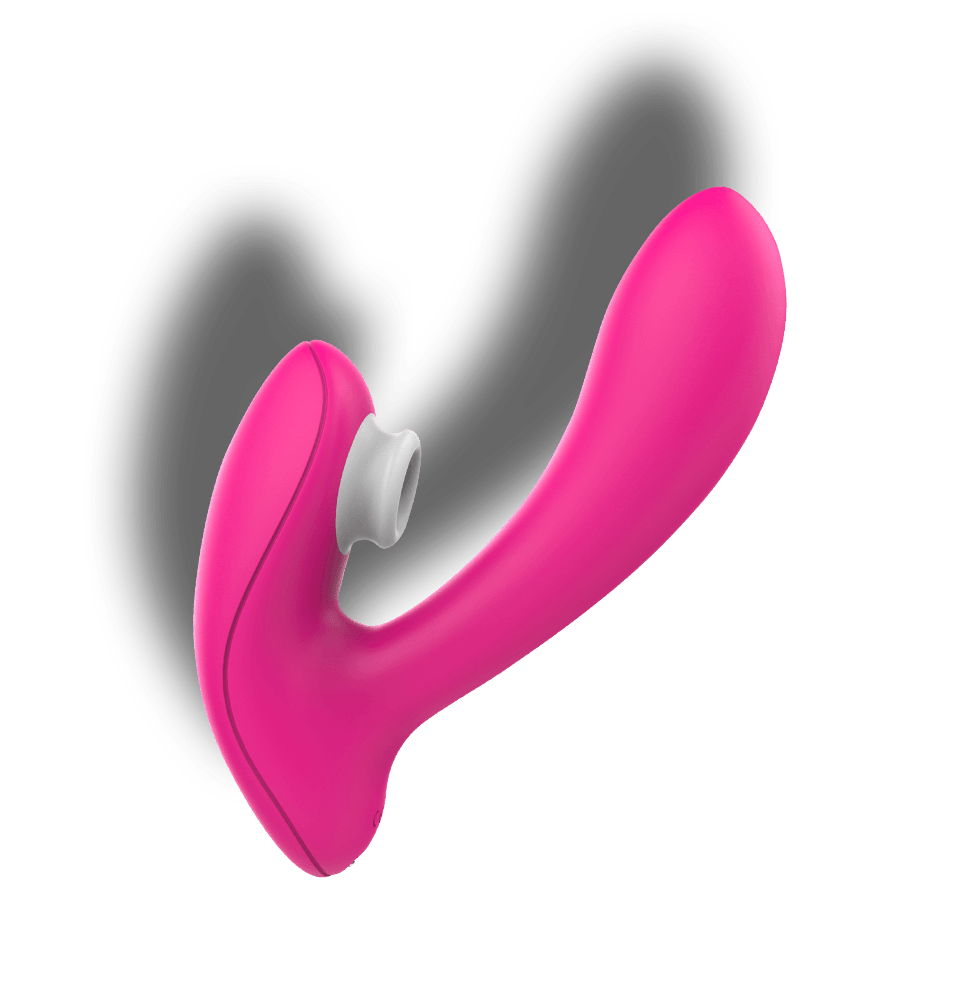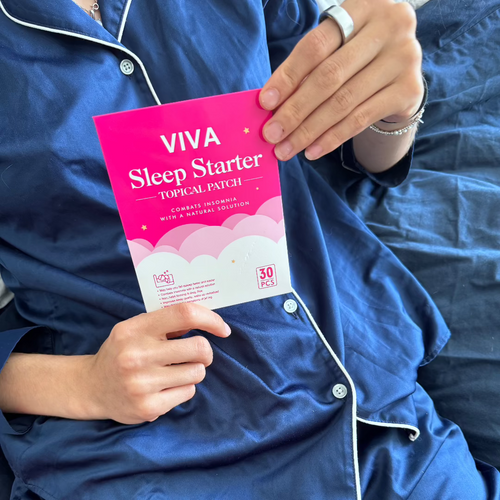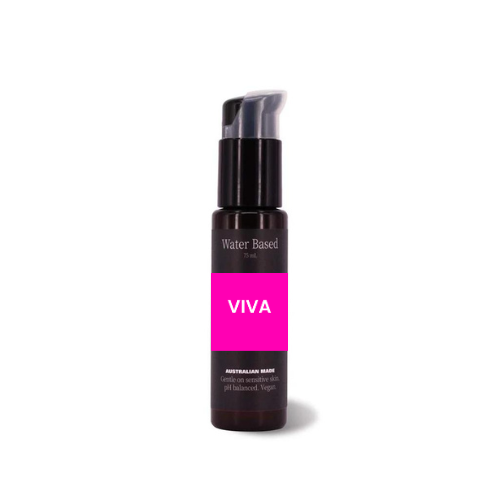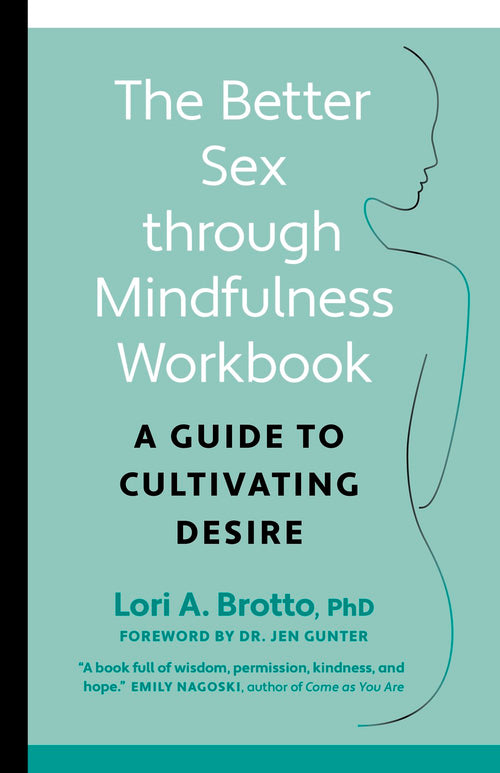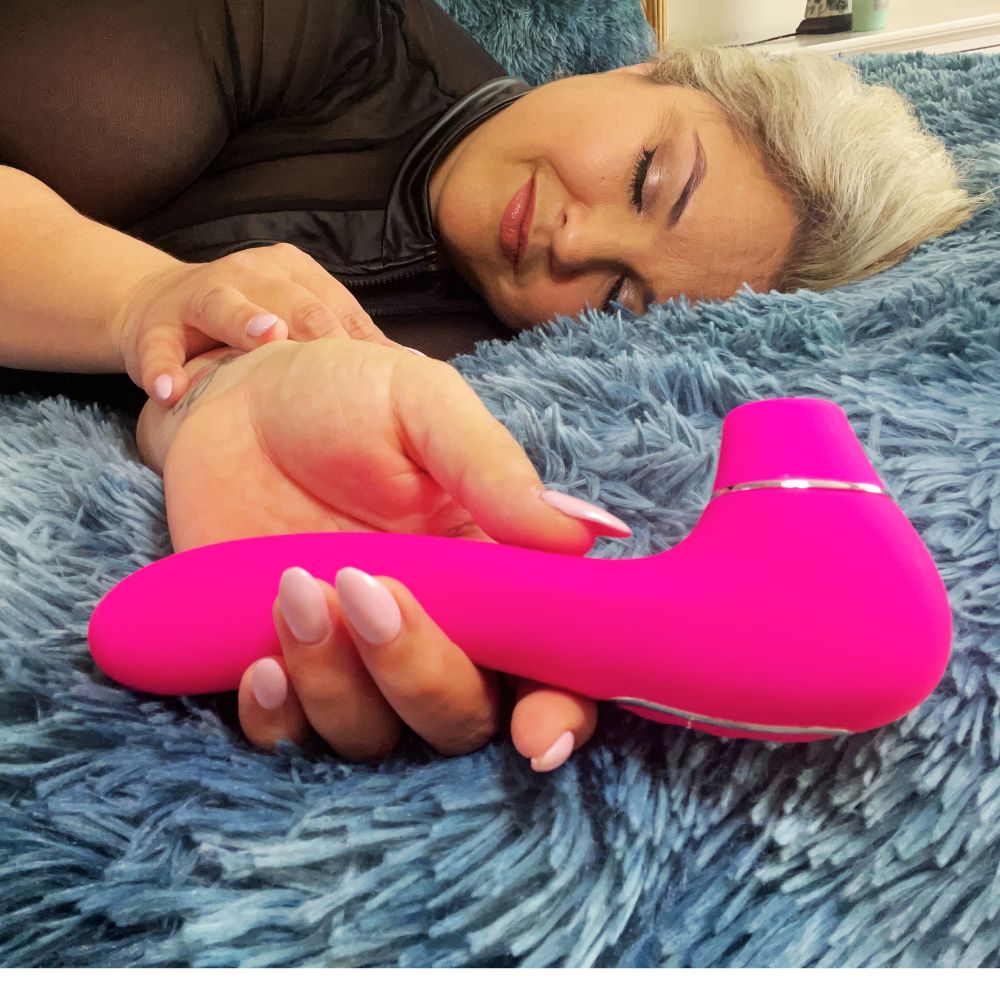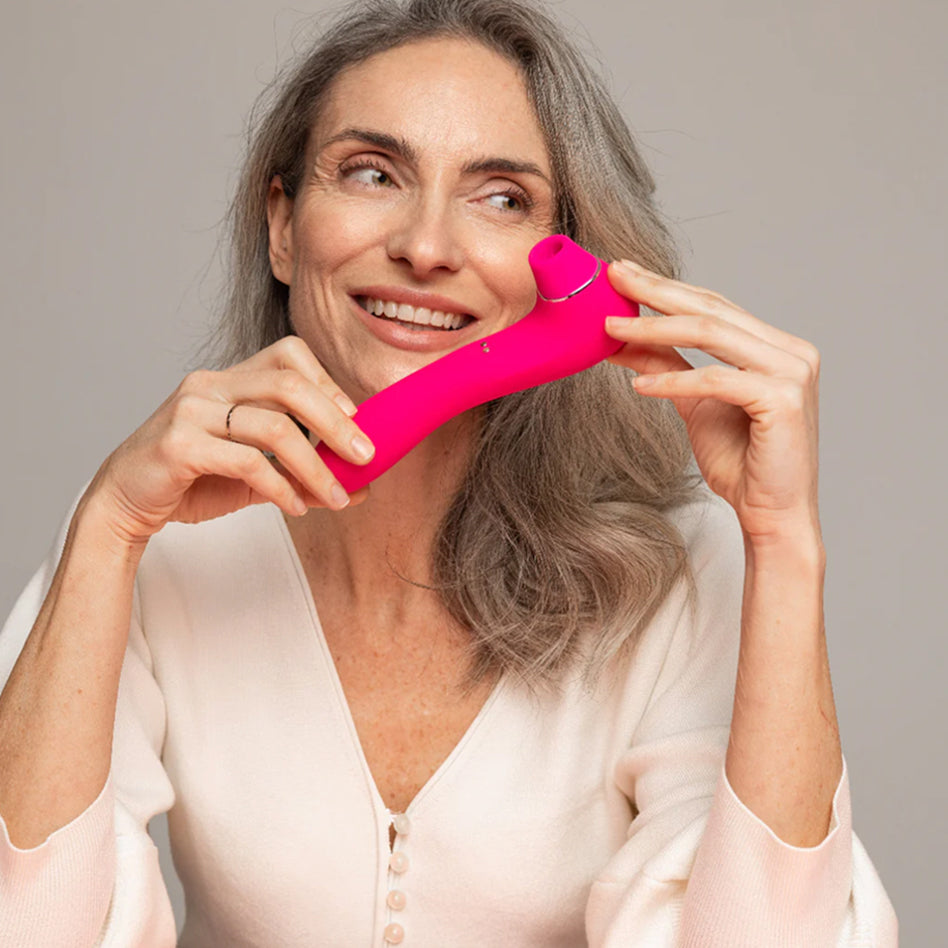As we get older, taking care of ourselves becomes really important, especially for women. Self-care isn't just about treating yourself; it's about staying healthy, happy, and independent as we age. For older women, finding the right self-care routines can make a big difference in how we feel every day. It helps our bodies, minds, and emotions. In this guide, we'll look at easy but effective ways to take care of ourselves, made just for older women.
Key Self-Care Practices for Older Women
- Regular gentle exercise (e.g. walking, yoga, swimming)
- Healthy, balanced diet with adequate hydration
- Sufficient sleep and rest (7-9 hours nightly)
- Mental stimulation activities (puzzles, reading, learning new skills)
- Social connections and community engagement
- Stress reduction techniques (meditation, deep breathing)
- Regular health check-ups and screenings
- Pursuing personal interests and hobbies
- Daily self-care moments (skincare, relaxation)
- Use of wellness aids as needed (e.g. sleep patches)
- Comfortable intimacy products when applicable
- Gentle massage or self-massage techniques
Why Self-Care Matters for Older Women
Self-care is like giving yourself a warm hug. It's about taking care of your body, feelings, and mind. For older women, doing self-care regularly can make life a lot better. Here's why it's so important:
- Keeps your body healthy and working well
- Makes you feel happier and more positive
- Helps you sleep better, which is important for your brain and body
- Gives you more energy to do things you enjoy
- Helps fight off sickness
- Reduces stress and worry, which can be common as we get older
When we make self-care a priority, we can enjoy life more and do the things we love. It's not selfish to focus on self-care; it's necessary to stay healthy and independent as we age. By making self-care a regular part of our days, we can feel much better overall, leading to a more enjoyable and lively life in our later years.
Physical Self-Care: Taking Care of Your Body
Taking care of our bodies is really important, especially as we get older. Our bodies change over time, so we need to change how we care for them too. Here are some good ways to keep your body healthy and strong:
Do gentle exercises like walking, swimming, or tai chi. Try to do about 30 minutes of activity most days. This helps keep your heart healthy and your muscles strong. Eat lots of healthy foods like fruits, vegetables, lean meats, and good fats. You might want to talk to a nutrition expert to find the best diet for you. Drink plenty of water throughout the day. You could use a special water bottle to help you keep track. Try to get 7-9 hours of good sleep each night. You might need to create a relaxing bedtime routine to help with this. Visit your doctors regularly, including your main doctor, dentist, and any specialists you need. Keep up with health checks and shots. Practice good posture and do stretching exercises to stay flexible and avoid falls.
Remember, it's never too late to start taking better care of your body. Even small changes can make a big difference in how you feel. Try adding one new healthy habit each week. You might be surprised at how much better you feel!
An often forgotten part of physical self-care for older women is sexual wellness. Products made just for mature women, like the Senna Pro Age Vibrator, can be important for staying healthy and comfortable. It's good to know that intimacy and pleasure are still important for overall health at any age, helping both your body and emotions.
Mental Self-Care: Keeping Your Mind Sharp
Taking care of your mind is just as important as taking care of your body, especially as we get older. A sharp, active mind helps us enjoy life more, stay independent, and feel satisfied. Here are some fun ways to keep your brain healthy and active:
Try learning something new, like a language, a musical instrument, or a craft. This helps your brain work better and makes you feel good about learning. Do puzzles, crosswords, Sudoku, or other brain games. These help improve your memory and problem-solving skills. Read more by joining a book club or setting reading goals for yourself. This introduces you to new ideas and helps your vocabulary grow. Practice mindfulness and meditation to reduce stress, focus better, and feel more balanced emotionally. Even a few minutes of meditation each day can really help your mind feel clearer. Spend time with friends and family, or join groups in your community. Talking and interacting with others is really important for keeping your mind healthy. Try creative activities like painting, writing, or gardening. These can be fun for your mind and make you feel good emotionally.
These activities not only keep your mind active but can also be really enjoyable and rewarding. They give you chances to grow, express yourself, and connect with others. Don't be afraid to try new things – your brain loves new challenges!
If you want to learn more about your own needs and desires, resources like the Ultimate Pleasure Bible | Over 50 Edition can be really helpful. This guide is made just for older women and can help you reconnect with your body and mind in meaningful ways. It's a great tool for taking care of your mental and emotional health, covering parts of life that aren't usually talked about in normal self-care discussions.
Emotional Self-Care: Taking Care of Your Feelings
Taking care of your emotions is really important for feeling good overall, especially for older women who might be dealing with new challenges and changes in life. When you take care of your emotional health, you can handle tough times better, have better relationships, and feel more positive about life. Here are some good ways to take care of your emotions:
Practice being grateful by writing down things you're thankful for regularly. This simple habit can help you focus on the good things in life, even when times are tough. Express your feelings through art, writing, or music. These creative activities can help you deal with complicated emotions. Set healthy boundaries in your relationships. This means learning to say no when you need to and taking care of your own needs as well as others'. Try relaxation techniques like deep breathing, slowly relaxing your muscles, or gentle yoga. These can help you manage stress and feel more balanced emotionally. Build a support network and don't be afraid to ask for help when you need it, from friends, family, or professional counselors. Having people you can rely on is really important for emotional strength. Be kind to yourself by treating yourself with the same kindness you would show a good friend. This can help stop negative self-talk and make you feel better about yourself.
Remember, it's normal and healthy to feel different emotions. The important thing is learning to recognize and handle these emotions in good ways. By taking care of your emotional health, you can build strength, improve your relationships, and find more joy and satisfaction in your daily life.
For some women, feeling good emotionally is closely tied to physical intimacy and self-exploration. Products like the Senna Sonic Clitoral Massager are made with older women's needs in mind, offering a way to reconnect with your body and explore personal pleasure. This kind of self-care can boost your confidence, reduce stress, and help your overall emotional health.
Creating Your Personal Self-Care Routine
Now that we've looked at different ways to take care of yourself, it's time to create a personal routine that fits your unique needs and likes. Remember, self-care is different for everyone. What works great for one person might not work as well for another, and that's okay. Here's a step-by-step guide to help you develop a self-care routine that feels right for you:
- Think about activities that really make you feel good, relaxed, and refreshed. This could be anything from enjoying a quiet morning coffee to taking an evening walk in nature.
- Start small by setting aside just 10-15 minutes a day for self-care. This makes it easier to stick to your routine.
- Try different activities in various self-care categories (physical, mental, emotional) to find out what you enjoy most and what helps you the most.
- Aim to do your self-care activities regularly, but be flexible. Life can be unpredictable, so be ready to adjust your routine when needed.
- Include a mix of activities that take care of your physical health, mental stimulation, and emotional well-being. This well-rounded approach ensures you're taking care of all aspects of yourself.
- Schedule your self-care activities in your daily planner or set reminders on your phone to help make them a regular part of your routine.
- Regularly check how your routine is working and adjust it. As you grow and your life changes, your self-care needs might change too.
Your personal self-care routine might include a gentle morning stretch, followed by a healthy breakfast and some time spent reading or doing puzzles. You might take an afternoon walk with a friend, and end your day with a relaxing bath or meditation. The key is to create a routine that feels good and is sustainable for you.
If you're looking to add products designed specifically for older women to your self-care routine, Savvy Viva's Pleasure Bundle offers a selection of items that support overall well-being and self-care. These products can be added to your routine to make your self-care practices even more enjoyable and comfortable.
Overcoming Barriers to Self-Care
While self-care is really important, many older women find it hard to start or keep up with a self-care routine. Recognizing these challenges is the first step in overcoming them. Here are some common problems and ways to deal with them:
- Feeling guilty about putting yourself first: Remember that self-care isn't selfish; it's necessary for your health and well-being. By taking care of yourself, you're better able to care for others and enjoy life fully.
- Not having enough time: Start by finding small moments in your day that could be used for self-care. Even five minutes of deep breathing or stretching can make a difference. Slowly increase the time as self-care becomes a habit.
- Physical limitations or health issues: Talk to your doctor to find safe and appropriate self-care activities that work with your physical condition. There are many ways to adapt activities to suit different needs.
- Lack of motivation or energy: Start with small, easy-to-achieve self-care goals to build momentum. Celebrate these small wins to boost motivation. Consider finding a friend to do self-care activities with for encouragement and accountability.
- Not knowing where to start: Begin by focusing on one aspect of self-care that interests you most, whether it's physical, mental, or emotional. Use resources like books, online guides, or community classes to learn more about different self-care practices.
- Financial concerns: Many effective self-care practices, like walking, meditation, or journaling, are free or low-cost. Look for community resources, free online tutorials, or library materials to support your self-care journey without spending a lot of money.
Remember, overcoming these challenges often takes patience and persistence. Be kind to yourself as you work on creating new habits and routines. If you're struggling, don't hesitate to ask for support from friends, family, or professionals who can offer guidance and encouragement.
For those dealing with sleep issues, which can make self-care harder, products like VIVA Sleep Patches offer an easy way to improve sleep quality. Better sleep can give you the energy and motivation needed to engage in other self-care practices, creating a positive cycle of well-being.
The Benefits of Regular Self-Care
Making self-care a regular part of your life can lead to big improvements in how you feel overall. As you keep practicing self-care, you might notice many positive changes that make your life better. Here are some good things you might experience:
- Better physical health and more energy: Regular self-care practices like exercise and eating well can boost your immune system, improve heart health, and increase your overall energy.
- Improved mood and less stress: Doing activities you enjoy and taking time to relax can really lower your stress levels and help you feel more positive about life.
- Sharper thinking and better memory: Keeping your mind active through learning new things, solving puzzles, or being creative can help maintain and even improve your thinking abilities as you age.
- More self-confidence and self-esteem: Taking care of yourself shows that you value and respect yourself, which can make you feel better about who you are.
- Stronger and more satisfying relationships: When you're feeling good mentally and emotionally, you're better able to enjoy and nurture your relationships with others.
- Better ability to handle life's challenges: Regular self-care builds emotional strength and coping skills, making it easier to deal with difficult times.
- Improved sleep: Many self-care practices, like regular exercise and stress reduction techniques, can help you sleep better.
- Greater sense of purpose and satisfaction with life: Engaging in meaningful self-care activities can give you a sense of accomplishment and contribute to a more fulfilling life experience.
These benefits can really help you enjoy life more fully as you get older. By making self-care a priority, you're investing in your long-term health and happiness. This allows you to stay active, engaged, and independent for longer, so you can keep pursuing your interests, spending quality time with loved ones, and making the most of your golden years.
For those looking to explore more ways to feel good, products like the Donna Clit Vibrator can contribute to these benefits by promoting relaxation, self-awareness, and overall physical and emotional wellness. It's important to remember that intimacy and sexual health remain important parts of overall well-being at any age.
Conclusion: Embracing Self-Care at Any Age
Self-care isn't just a trend; it's really important for staying healthy, happy, and independent as we get older. By taking time to care for our bodies, minds, and emotions, we can make our lives much better and face the challenges of aging with confidence and grace.
It's important to remember that it's never too late to start taking care of yourself. Whether you're just beginning to think about self-care or looking to improve what you're already doing, there are many ways to nurture yourself. From gentle exercise and healthy eating to trying new hobbies and taking time to relax, self-care can take many forms, all of which help you feel better overall.
As you find and improve the self-care routines that work best for you, be patient and kind to yourself. Celebrate the small wins along the way, and don't be afraid to change your approach as your needs change. With regular practice and a positive attitude, self-care will become a natural, enjoyable, and essential part of your daily life.
Embrace this journey of learning about yourself and taking care of yourself. By taking care of yourself, you're not only making your own life better but also setting a good example for others around you. Remember, when you take good care of yourself, you're better able to enjoy life's pleasures, handle its challenges, and connect meaningfully with others.
For more ideas on feeling empowered and full of life in your later years, check out our article on empowering women over 50. This resource offers more strategies and perspectives to help you embrace this exciting time of life with confidence and enthusiasm.
FAQs About Self-Care for Older Women
1. What are some simple self-care activities for older women?
Simple self-care activities can include taking a daily walk in nature, doing gentle yoga or stretching exercises, reading a book you enjoy, calling a friend for a nice chat, or having a relaxing bath with soothing scents. The key is to choose activities that you really like and that make you feel refreshed and energized. Remember, self-care doesn't have to be complicated or time-consuming to be helpful.
2. How can I include intimacy in my self-care routine?
Intimacy can be an important and fulfilling part of self-care. This might include exploring self-pleasure using products designed for older women's comfort and needs. It could also involve sensual activities like self-massage, using nice body lotions, or simply taking time to connect with your body through gentle touch and awareness. For those with partners, it might mean setting aside time for physical and emotional connection. Remember, intimacy is personal, and it's important to explore what feels right and comfortable for you.
3. Are there any specific self-care products designed for older women?
Yes, there are many products designed specifically for older women's needs. These can include comfortable intimacy products like the Senna Pro Age Vibrator, which is made for mature women's bodies. Other products might include soothing skincare items made for aging skin, tools that make gardening or crafting easier, and wellness aids like sleep patches or relaxation tools. When choosing products, look for those that address your specific needs and preferences, and don't hesitate to read reviews or ask for recommendations from trusted sources.
4. How often should I practice self-care?
Ideally, self-care should be part of your daily routine. However, how often and how long you practice self-care can vary based on your individual needs and lifestyle. Even small moments of self-care throughout the day can make a big difference. Start by finding opportunities for brief self-care activities, such as a 5-minute meditation in the morning, a short walk after lunch, or a relaxing bedtime routine. As self-care becomes more of a habit, you may find yourself naturally doing these practices more often and for longer. Remember, doing self-care regularly is more important than doing a lot at once when it comes to self-care.
5. Can self-care help with health issues related to aging?
While self-care isn't a replacement for medical treatment, it can certainly complement medical care and help manage some age-related issues. Regular exercise can improve mobility and balance, potentially reducing the risk of falls. Stress-reduction techniques like meditation can help with sleep issues and anxiety, which are common in older adults. Engaging in social activities and keeping your mind active can support brain health and may help slow cognitive decline. Proper nutrition and hydration, key aspects of self-care, can also contribute to overall health and may help manage conditions like diabetes or heart disease. Always talk to your doctor about how to safely include self-care practices in your health management plan, especially if you have specific medical concerns.


